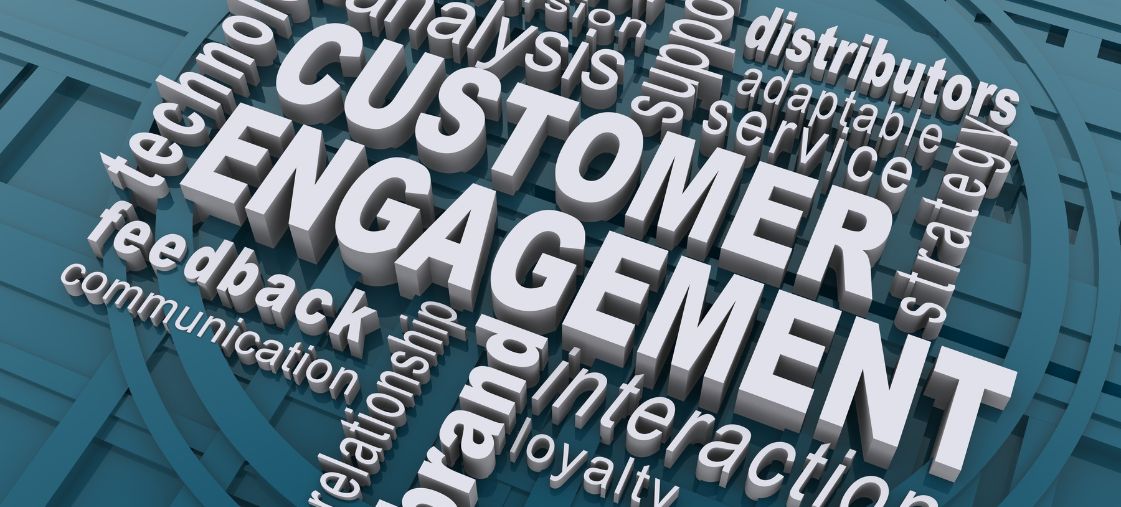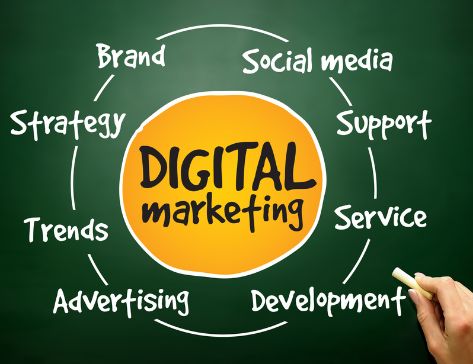
AI Email Marketing: Transforming Customer Engagement in the Digital Era
AI email marketing is revolutionizing how businesses connect with their audiences, offering unprecedented levels of personalization, efficiency, and effectiveness. As artificial intelligence continues to evolve, marketers are discovering powerful new ways to leverage these technologies to create more relevant, timely, and impactful email campaigns that drive results.
The integration of AI into email marketing strategies represents a significant shift from traditional batch-and-blast approaches to highly personalized communications that respond to individual customer behaviors and preferences. This transformation is enabling marketers to achieve engagement rates previously thought impossible while simultaneously reducing the manual workload associated with campaign management.

How AI is Reshaping Email Marketing
Artificial intelligence is fundamentally changing email marketing across multiple dimensions, from content creation to delivery optimization. Here are the key ways AI is transforming this critical marketing channel:
1. Hyper-Personalization Beyond Segmentation
Traditional email segmentation divides audiences into broad groups based on demographic or behavioral characteristics. AI takes personalization to an entirely new level by analyzing hundreds of data points to create truly individualized experiences:
- Product recommendations based on browsing history, purchase patterns, and similar customer profiles
- Dynamic content that adapts to individual preferences and engagement history
- Personalized subject lines and preview text optimized for each recipient
- Customized sending times based on when each subscriber is most likely to engage
This level of personalization has shown to increase open rates by 26% and conversion rates by up to 760% compared to generic campaigns, according to recent industry studies.
2. Predictive Analytics and Customer Insights
AI-powered predictive analytics enables marketers to anticipate customer needs and behaviors rather than simply reacting to them. These capabilities include:
- Churn prediction to identify at-risk customers before they disengage
- Purchase propensity modeling to target customers most likely to convert
- Lifetime value forecasting to prioritize high-value relationship building
- Content affinity analysis to determine which topics resonate with each subscriber
By leveraging these predictive insights, marketers can proactively address customer needs, resulting in more relevant communications and stronger relationships.
3. AI-Generated Content and Copywriting
Content creation has traditionally been one of the most time-consuming aspects of email marketing. AI is dramatically changing this equation:
- Subject line generation and optimization based on performance data
- Body copy that adapts to brand voice and campaign objectives
- Product descriptions tailored to individual customer interests
- Automated A/B testing to continuously improve messaging effectiveness
Modern AI writing tools can now produce content that is increasingly difficult to distinguish from human-written copy, while incorporating proven psychological triggers and persuasive elements that drive engagement.
4. Intelligent Send Time Optimization
The timing of email delivery significantly impacts campaign performance. AI optimizes this critical factor by:
- Analyzing individual engagement patterns across days and times
- Considering time zone differences automatically
- Adapting to changing behavior patterns over time
- Coordinating email timing with other marketing channel touchpoints
Studies show that AI-optimized send times can improve open rates by 22% and click-through rates by 16% compared to standard delivery approaches.
Implementing AI Email Marketing: A Step-by-Step Guide
Integrating AI into your email marketing strategy requires a thoughtful approach. Here’s how to get started:
Step 1: Audit Your Data Foundation
AI effectiveness depends heavily on data quality and accessibility:
- Inventory your customer data sources (CRM, e-commerce platform, website analytics, etc.)
- Identify data gaps that might limit AI capabilities
- Implement data collection mechanisms for missing information
- Ensure proper data integration between systems
Remember that AI models improve with more comprehensive data, so prioritize building a robust data foundation before scaling your AI initiatives.
Step 2: Select the Right AI Email Marketing Tools
The AI email marketing technology landscape includes various options with different capabilities:
- All-in-one email marketing platforms with built-in AI features
- Specialized AI tools that integrate with your existing email service provider
- Custom AI solutions for enterprise-level requirements
- Hybrid approaches combining multiple specialized tools
Evaluate options based on your specific needs, technical resources, and budget constraints. Many platforms now offer entry-level AI features that provide significant benefits without requiring data science expertise.
Step 3: Start with High-Impact Use Cases
Rather than attempting to implement all AI capabilities simultaneously, focus on use cases with the greatest potential impact:
- Subject line optimization for immediate open rate improvements
- Send time personalization for enhanced engagement
- Basic product recommendations for revenue generation
- Automated workflow triggers based on behavioral predictions
These foundational applications typically deliver quick wins while building organizational confidence in AI-powered approaches.
Step 4: Develop a Testing Framework
AI thrives on feedback loops that enable continuous improvement:
- Establish clear KPIs for each AI implementation
- Create control groups to accurately measure impact
- Test AI-generated content against human-created alternatives
- Document learnings to inform future AI applications
A disciplined testing approach ensures you can quantify the value of your AI investments and refine your strategy based on actual results.
Step 5: Scale and Expand Gradually
As you validate initial use cases, systematically expand your AI email marketing capabilities:
- Increase the sophistication of personalization algorithms
- Implement more complex predictive models
- Integrate email AI with other marketing channel intelligence
- Explore advanced applications like sentiment analysis and natural language processing
This phased approach allows your team to develop AI expertise progressively while delivering incremental business value throughout the journey.
Overcoming Common AI Email Marketing Challenges
While the benefits are substantial, implementing AI in email marketing does present certain challenges:
Privacy and Compliance Considerations
As personalization becomes more sophisticated, privacy concerns increase:
- Ensure all AI applications comply with regulations like GDPR and CCPA
- Maintain transparency with subscribers about data usage
- Implement strong data security practices
- Provide clear opt-out mechanisms for AI-driven communications
Balancing Automation and Human Oversight
Effective AI implementation requires finding the right balance:
- Establish review processes for AI-generated content
- Set appropriate guardrails for automated decision-making
- Maintain brand voice consistency across automated communications
- Develop guidelines for when human intervention is required
Managing the Learning Curve
Team adaptation to AI tools takes time and support:
- Invest in training for marketing team members
- Create documentation for AI-powered workflows
- Celebrate early successes to build momentum
- Partner with vendors or consultants to accelerate capability development
The Future of AI in Email Marketing
As AI technology continues to evolve, several emerging trends will shape the future of email marketing:
- Predictive journey orchestration: AI will increasingly coordinate email with other channels to create seamless customer experiences
- Emotional intelligence: Advanced sentiment analysis will enable content that responds to emotional states
- Visual personalization: AI-generated images and videos customized for individual recipients
- Conversational emails: Interactive email experiences that simulate human conversation
Conclusion
AI email marketing represents a fundamental shift in how brands connect with customers through this enduring digital channel. By embracing these technologies thoughtfully, marketers can deliver more relevant, timely, and valuable communications that strengthen customer relationships while improving efficiency and effectiveness.
The organizations that thrive in this new era will be those that view AI not as a replacement for human creativity and strategy, but as a powerful tool that amplifies these distinctly human capabilities. By combining the analytical power of artificial intelligence with human insight and empathy, email marketers can create truly exceptional customer experiences that drive sustainable business growth.
As you begin your AI email marketing journey, remember that the technology itself is less important than the customer-centric strategy guiding its implementation. Start with clear objectives, focus on delivering genuine value to your subscribers, and let AI help you achieve these goals more effectively than ever before.


